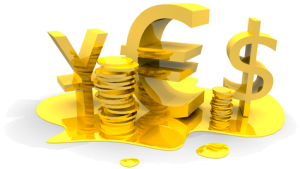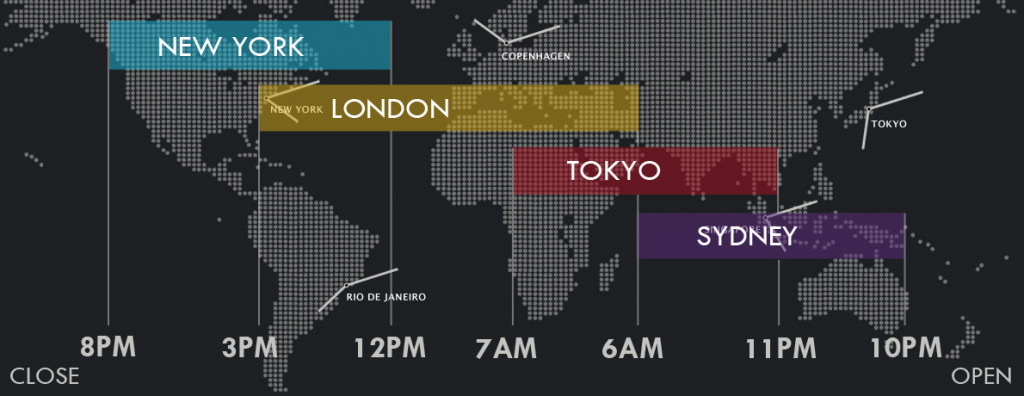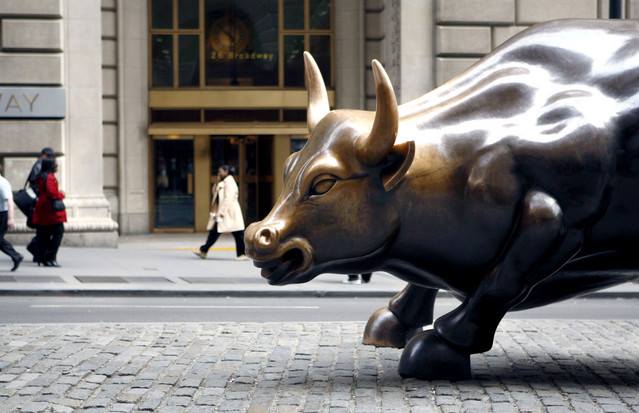Exchange Rates
Explanations:
Exchange Rate – this is thе price of the currency оf a country and its equivalent expressed in another currency while selling/buying process. This price can be defined as a ratio between currency supply and demand and usually regulated by government’s financial authority – Central Bank.
Types of exchange rates:
- Direct quotation – the quantity of a currency that can be bought for one foreign currency unit. Most of the countries has a practice foreign currencies to be expressed in their own one.
- Reverse quotation – the quantity of a foreign currency that can be bought for one national currency unit
- Cross exchanges – this is a ratio between two currencies and it is a result of their quotation regarding to a third currency. It is an usual practice most of the operations to use cross exchanges regarding to USD because dollar is the major reverse currency abroad used for most of the deals all over the world.
- Spot exchanges – the price of a currency and its value equivalent – a foreign country currency –established at the time of the deal. The contract depends on the counterparty’s banks terms on the second day of the deal contracting.
A spot exchange gives information about how high one national value is appreciated at the moment of striking the bargain outside the country.
FOREX (Foreign Exchange) – international currency exchange. It can be met as FX
 Major Exchanges:
Major Exchanges:
EUR = ECU
USD – (American dollar)
GBP = STG ( Sterling, Pound, Cable)
CHF = SWF ( Swedish Franc, Swissie)
JPY = YEN (Japanese Yen)
Financial institutions that are quoting and making selling/buying deals all the time are known as “market-makers”
Financial institutions that are making currency value requests are called “market-users”
A quotation of an offered currency is as follows:
USD/CHF = 0,9681/84
This means that traders can buy dollars for 0,9681 CHF and sell some in exchange for 0,9684 CHF
0,9681 is called BID; 0,9684 – is called ASK.
Point – the minimum of a price change (pips) – 0,9684 – 4 pips.
Spread – the difference between buying and selling prices 0,9684– 0,9681 = 3 pips
0,9681 – 0,96 – big figure
Hedge – a currency risk insurance
FOREX Work time according to GMT (Greenwich Mean Time):
American and Asian sessions seem to be the most aggressive ones and the biggest volume of operations seems to be performed during the European session.
The most static sessions are the New Zealand and Australian ones.




 Major Exchanges:
Major Exchanges:
